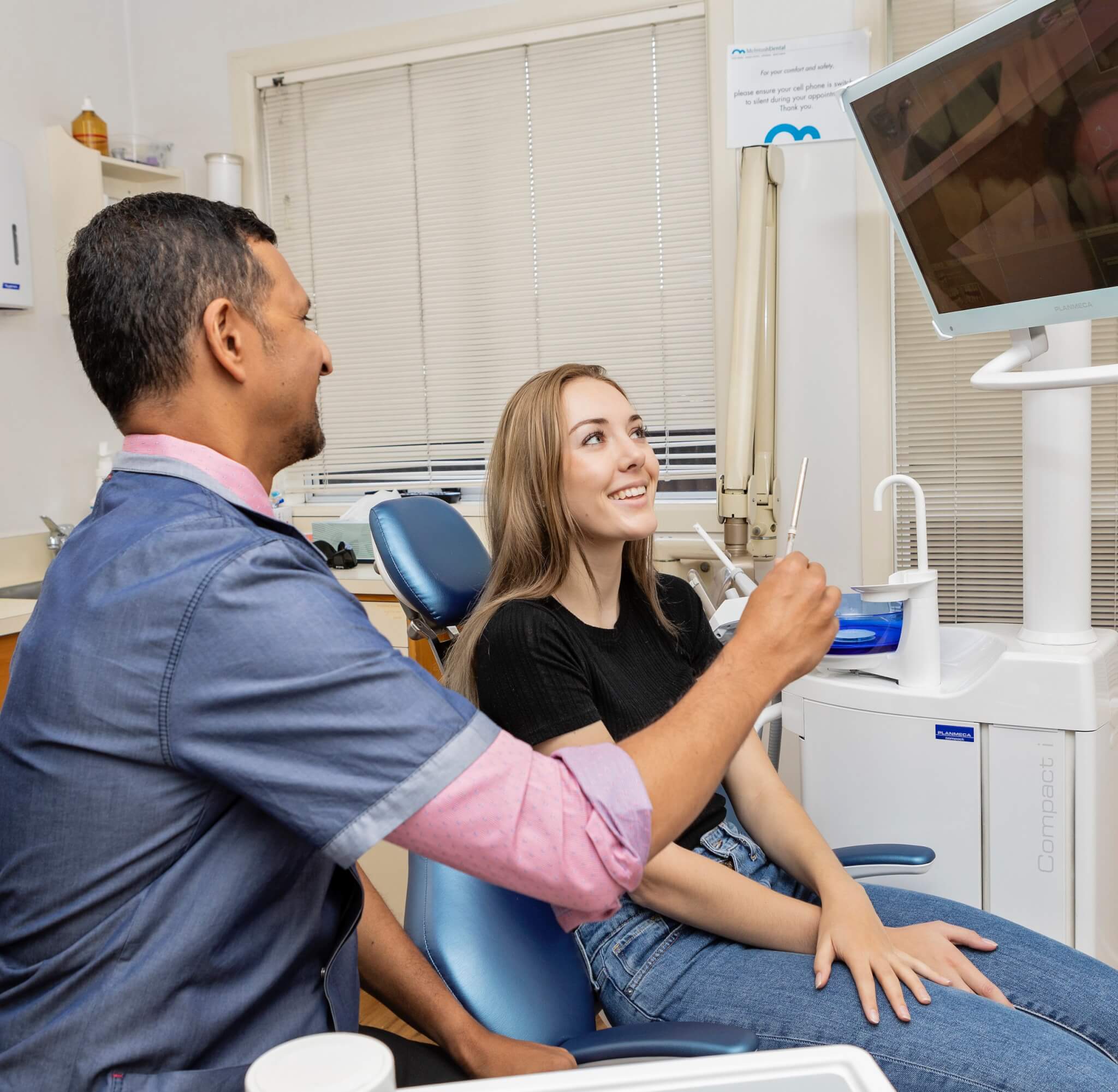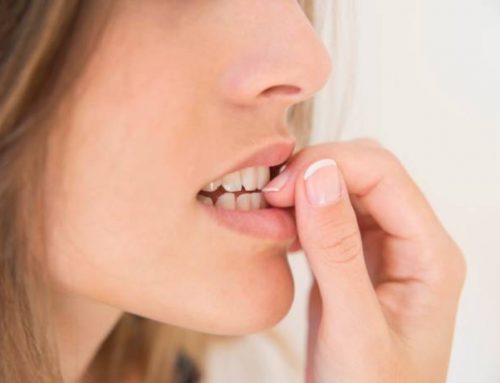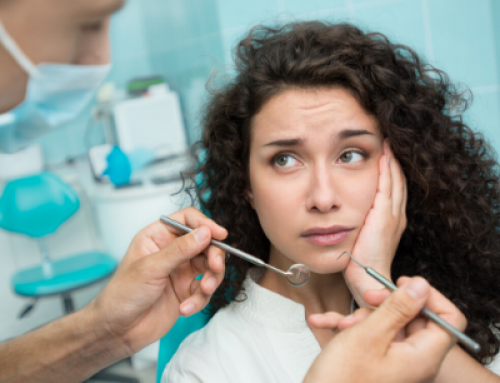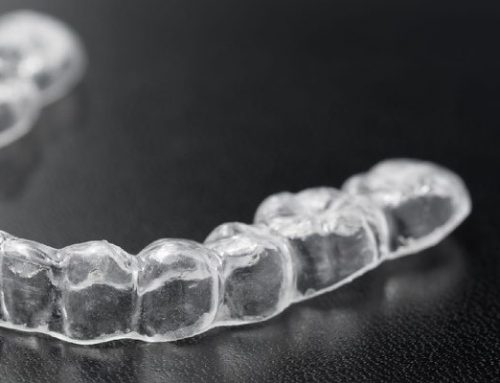
1. For a professional teeth cleaning
A thorough, in-depth teeth cleaning by an oral hygienist complements your at-home brushing and flossing by addressing all of those hard-to-reach places and spaces. It ensures that your mouth is free from bacteria, plaque and gum disease, and is also useful for removing surface stains on your teeth to keep your smile white and bright.
2. Dental x-rays to diagnose any dental issues not visible to the naked eye
Dental x-rays are a really important part of your regular check-ups because they allow your dentist to see everything happening below the surface of your mouth. Impacted (or stuck) teeth, cysts, tumours, bone decay, infections, fractures and jawbone damage can all be identified on your x-rays, allowing for early diagnosis and treatment of problems.
3. Diagnosis of gum disease
It is estimated that many adults have gingivitis, and as many as 40% have gum disease. When gum disease is left untreated it can deteriorate into the highly destructive and irreversible periodontal disease, resulting in tooth loss. Through regular dental check-ups, early detection and treatment of gingivitis and gum disease can stop them in their tracks before any major and permanent damage is done.
4. Help detect the signs of oral cancer
It is estimated that 250 Kiwis are diagnosed with oral cancer every year. Six-monthly dental appointments play a major role in the early detection of oral cancer. At your dental appointment your dentist will examine your lips, gums, inside cheeks, mouth and tongue for any abnormalities that could be cause for concern. It’s also a great opportunity to discuss any changes you have noticed with your dentist too.
5. Identify any bad habits
Part of regular dental appointments is to monitor your oral health and advise of ways to improve it. Identifying any potential bad habits you have and suggesting changes is a great way to nip problems in the bud. For example, pronounced or uneven teeth wear could be a sign that you are grinding or clenching your teeth at night. Receding gums and heightened tooth sensitivity could be from brushing too hard, too long or using a hard-bristled brush. Identifying bad habits early and making changes to correct them can be invaluable in protecting the long-term health of your teeth and gums.



